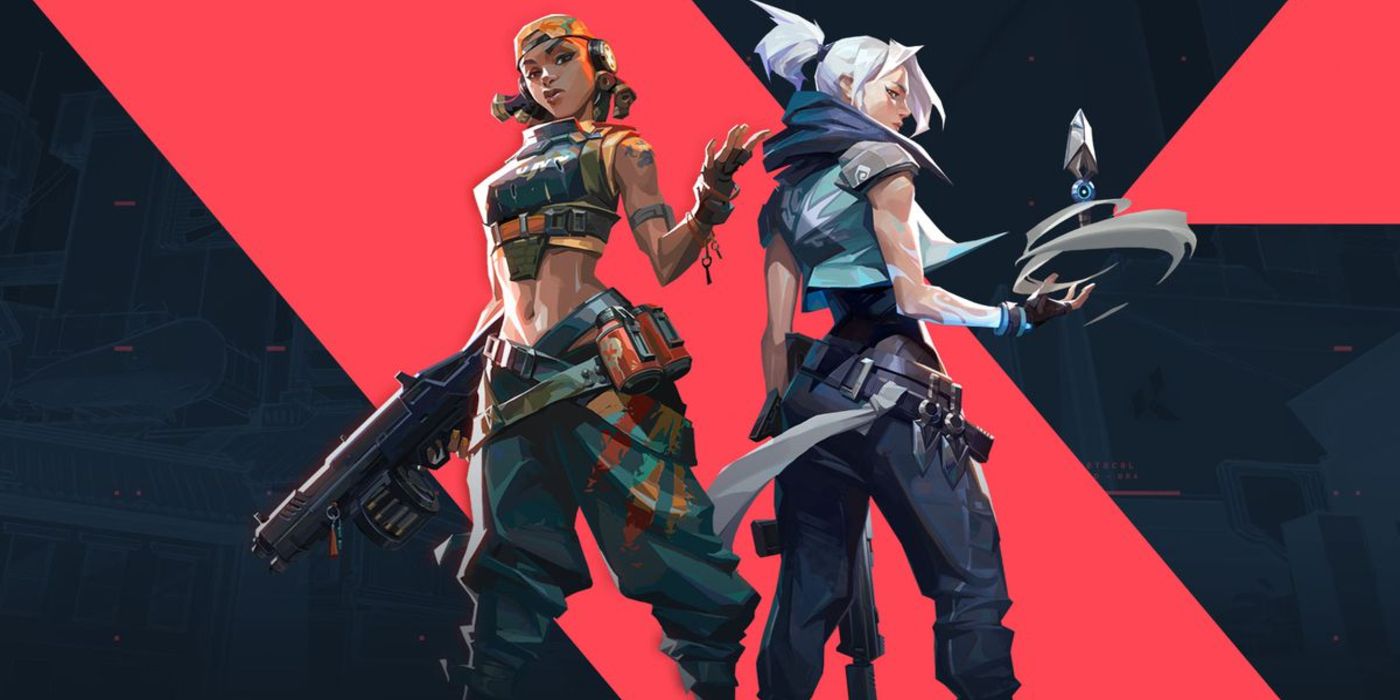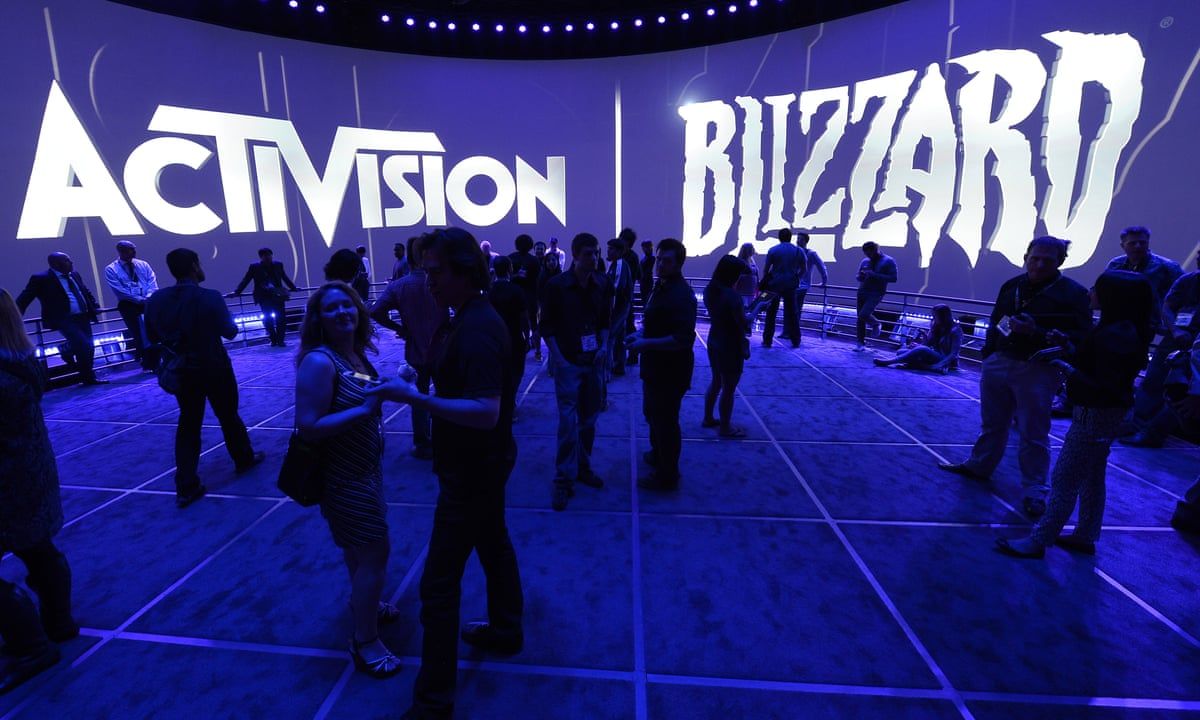In August of 2018, Kotaku contributor Cecilia D’Anastasio published an exposé detailing the harsh and flagrantly unfair working conditions at Riot Games. Since then, the company has faced constant pressure to change, settled a lawsuit, and, quite recently, given most of its staff a week off to address allegations of abusive crunch. Similarly, Blizzard faced a series of boycott’s after their handling of the Blitzchung incident, and there have been calls to boycott EA after their epic mishandling of Bioware’s Anthem. Yet, League of Legends and Valorant are still enjoyed by millions of gamers, series' like World of Warcraft and Diablo continue to be successful, and EA won’t stop publishing games anytime soon. So, what exactly have these boycotts solved?
RELATED: Riot Games Creative Director Jason Killingsworth Leaves Gaming For Book Pubishing
Fighting The Power
It’s tough to quantify something like this, as measuring the impact of a viral boycotting campaign is nearly impossible. There are far too many factors at play to determine the effectiveness of a gaming boycott. However, we do know that, on the whole, most of them are more or less futile; billion-dollar companies like these are simply too massive to feel the impact of a relative minority of gamers, no matter how just or well-informed they believe themselves to be. Boycotts can contribute to change on a smaller scale—plenty of indie devs have been successfully called out for their contemptuous practices and behavior in the past—but victories like those mean precious little when compared to the David and Goliath scenario gamers face when pitted against major AAA publishers.
But, if boycotts don’t work, then what will? Common sense would dictate that targeting an abusive company’s bottom line would incite some sort of change, but, in most cases, those campaigning against a perceived injustice can’t do much to change the minds of the millions of gamers who remain ignorant of the issues surrounding entities like EA, Ubisoft, Blizzard, etc. Additionally, viral Twitter campaigns can only go so far, as, like it or not, taking to social platforms often only serves to signal-boost a message within an already like-minded echo chamber; it’s tough to raise awareness when most matters aren’t raised outside of certain social circles.
Rome Wasn't Built In A Day
Could there possibly be an answer, or will stories of misconduct and abuse remain the norm until social change is enacted on a macro level? In a sense, there is some truth to that notion, as issues such as these seem to be called out much more than they were ten, or even five years ago, and it may not be long until major changes take place not only in the world of game development, but in the broader world of corporate culture, in general.
Something that can be done to expedite this process is to treat accusations and allegations such as these the same way as we would for a company outside of the gaming sphere. For instance, issues of sexism and abusive behavior have impacted major corporations like NBC, Uber, and TWC, but there seems to be a tendency among the public to disregard similar issues as niche drama when they apply to gaming or game development. To make a difference, major media outlets with the ability to reach a more general audience will have to pick up these stories and take them seriously.
Imparting Lasting Change
To some extent, this is already happening. Outlets like The New York Times, ESPN, and USA Today have picked up on some of the current events surrounding gaming. Yet, legacy media has been fairly slow to adapt the medium and take it seriously; most of the pieces published on topics concerning gaming feel dated, and we’d imagine that some of these journalists haven’t been in the loop in terms of gaming since arcades fell out of favor in the 90s.
It’s frustrating to know that, as a consumer, there’s not a whole lot to be done aside from refusing to patronize a particular publisher. That said, slowly but surely, the climate surrounding corporate culture will change, and, little by little, the environment will become more equitable for developers and gamers alike.



